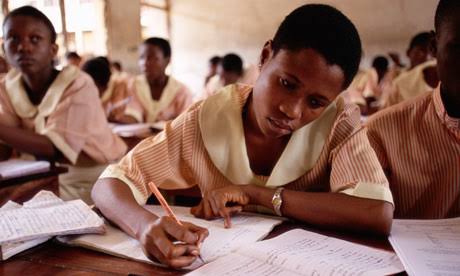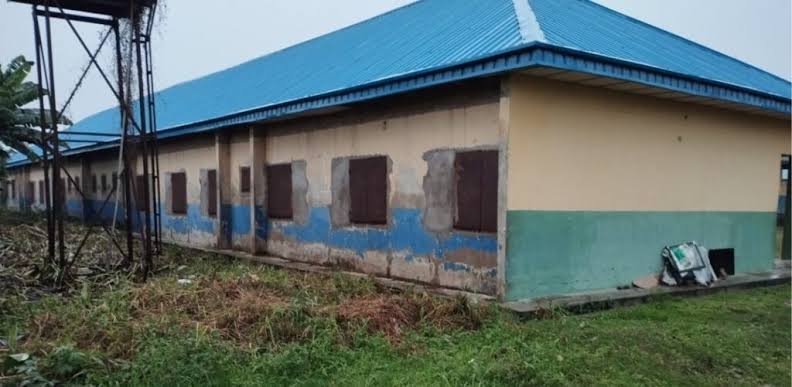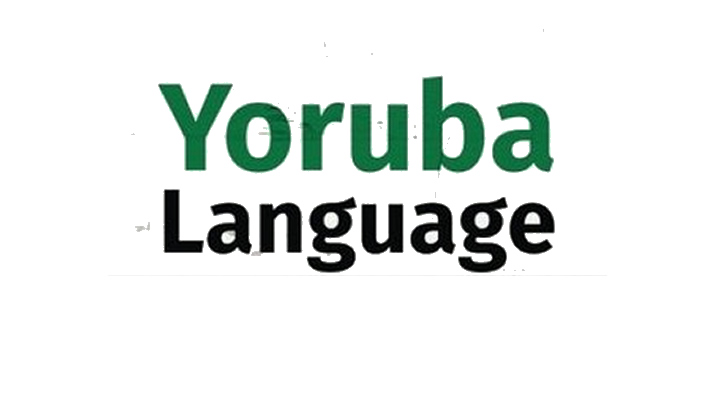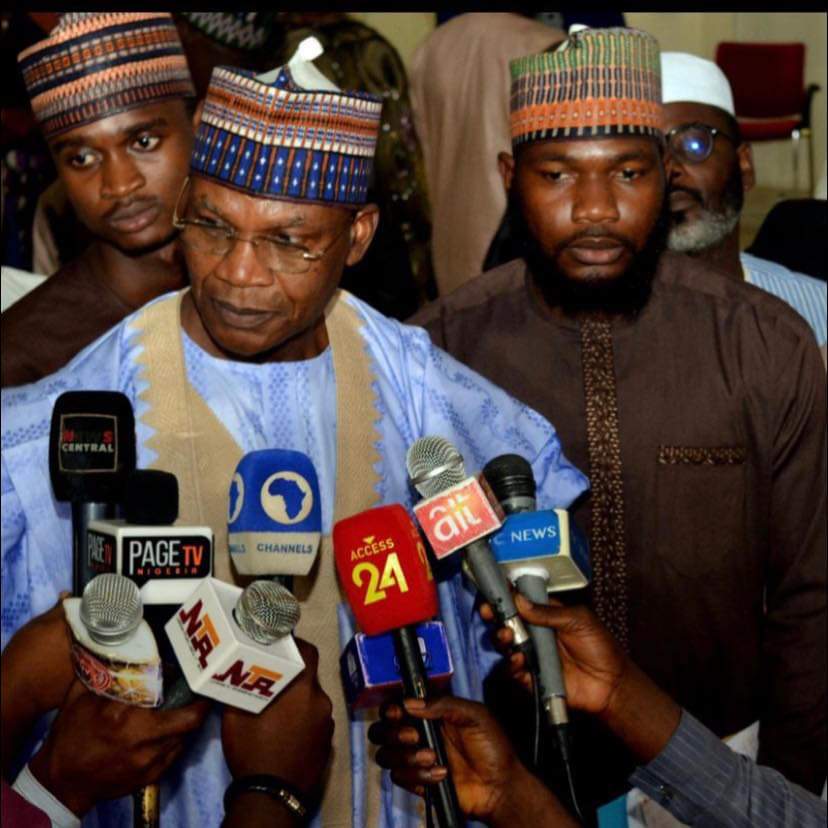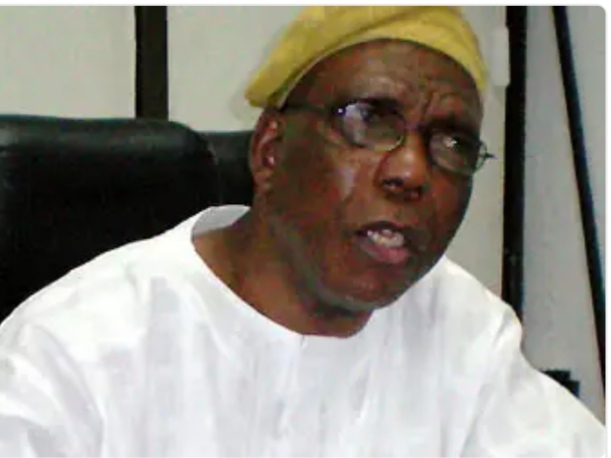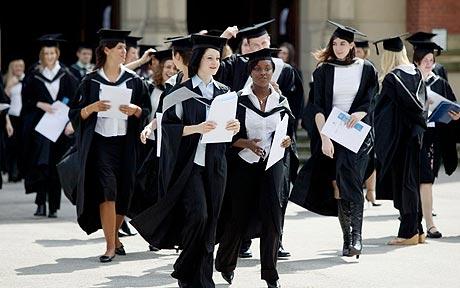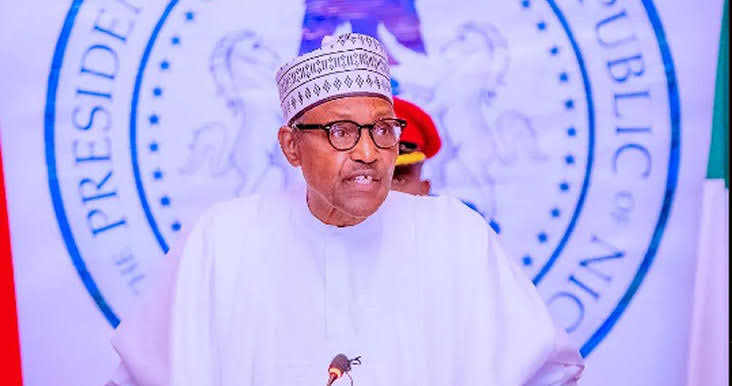Governor Sheriff Oborevwori of Delta State, Monday, said his administration was investing so much in the education sector because “it is key to the upbringing of a child.”
The governor who made the disclosure in Asaba at the year 2024 edition of National Children’s Day celebration, said apart from providing fit-for-purpose faculties and facilities in schools, his administration has also, recruited more than 2,000 teachers.
Represented by his deputy, Sir Monday Onyeme, the governor, said; “my beloved children of Delta State, I am happy to be in your midst today, a day set aside to celebrate you. Today also allows for stock taking on measures taken thus far as it concerns your wellbeing. It serves to reawaken our resolve to put in our best efforts to articulate policies and programmes meant to protect your interests and prepare you for a bright future.
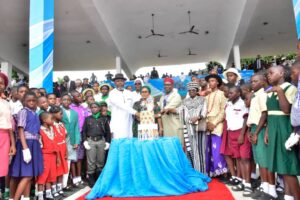
“The theme for this year’s celebration: Enhancing the Total Wellbeing of the Nigerian Child through Quality Education and Skill Development is particularly apt. Education, formal or informal, is key to the upbringing of a child.
“As a government, we are well aware of the positive impact of education on the development of our children. It exposes them to new experiences through supportive and structured learning thus preparing them for a purposeful life as adults.
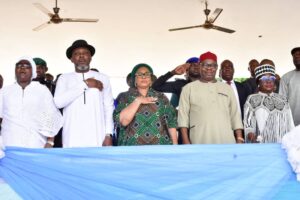
“It is with this understanding that we have continued to invest in sustainable and inclusive access to education at all levels. We are ensuring that our educational system has fit-for-purpose faculties and facilities.
“We have recruited more than two thousand teachers in both the primary and secondary schools in the State. To further increase access to education, we have expanded the capacity of some of our tertiary institutions.
“We have also paid bursary awards to all our students in tertiary institutions nationwide. We hope it will help to ameliorate the difficulties they may be facing considering the present economic challenges.
“Just as it is written, Proverbs Chapter 22 verse 6 states; “Train up a child in the way he should go: and when he is old, he will not depart from it.” That should be the prayer of every parent. As parents, we need to note that ‘charity begins at home’ implies that education begins within the homestead. As such we ought to be embodiment of respect, integrity, responsibility, hard work for our children to emulate.
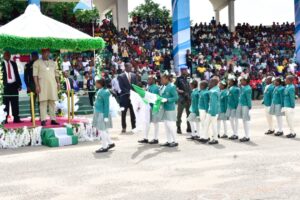
“Our beloved children, society is replete with many social vices, such as drug abuse, cultism, prostitution, cybercrime, and many others. These offend our societal values. We have put measures in place to help eradicate these vices, which are fast eroding the social and cultural values we hold so dear in this part of the world.
“Everything you do, every action you take, be it individually or collectively, please bear in mind, the impact it will have on you, your family and society in general.
“Do not listen to those who condemn education and its invaluable assets. They don’t mean well for you. Please, be persuaded by the news of your fellows who enjoy the limelights when they do well in their educational pursuits. These are examples you should copy and targets you should aim to surpass.
“Dear children, I assure you that in spite of present challenges, this administration will continue to take concrete actions, which will positively impact your future.
“I sincerely wish you a happy and memorable children’s day celebration,” Governor Oborevwori said.
Wife of the Governor, Deaconess Tobore Oborevwori had earlier thanked parents and teachers for their efforts in ensuring proper upbringing of children.
She urged children to know God and used the occasion to flag off Human Papilloma Virus (HPV) vaccination campaign.
The occasion which was well attended by schools from different parts of the state, featured match past by the students and cutting of celebration cake.

